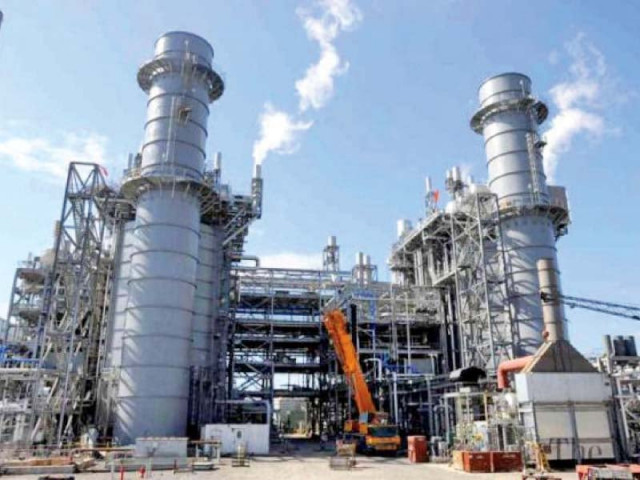Another CCI decision challenged in parliament
Sindh govt says cheap power plants would cease to exist under new energy policy

Challenging another decision of the Council of Common Interests (CCI), the Sindh government has sent a reference to parliament against the renewable energy policy, requesting voting on the issue after calling a meeting.
On September 6, the CCI had approved the long-term energy plan, known as the Indicative Generation Capacity Expansion Plan (IGCEP) 2021-30 in its 48th meeting presided over by Prime Minister Imran Khan.
Earlier, the Cabinet Committee on Energy had approved the plan on August 26 with a focus on pursuing renewable and nuclear energy projects.
The plan has two major goals – one, to supply low-cost and environment-friendly electricity, and two, optimal utilisation of indigenous energy resources.
Prepared by the National Transmission and Despatch Company every year, the IGCEP gives an estimate of electricity demand and supply for the next 10 years.
The provincial government, under Article 154 of the Constitution, requested to convene a joint sitting of parliament and sought voting on the CCI decision.
READ Govt seeks hike in power tariff to salvage IMF package
The Sindh government noted that the federal government had excluded the cost-effective energy projects of Sindh from the plan, which was against the least-cost principle of the IGCEP model.
Sindh Chief Minister Murad Ali Shah sent a letter to National Assembly Speaker Asad Qaiser, President Arif Alvi and Prime Minister Imran Khan in this regard, maintaining that provinces could not be forced to follow the renewable energy policy and that hydel power cannot be included in it.
The Sindh government also accused the federal government of altering the proceedings of the CCI meeting. In his letter, Murad decried the ongoing load shedding in Sindh, saying people in the province were facing the worst power cuts. He said that a wrong assessment of people’s needs had been presented in the new renewable energy policy.
The Sindh government observed that cheap power plants would cease to exist under the new policy, adding that hydel power generation after being included in it would affect them.
According to the letter, most of the wind and solar power generation projects are in Sindh. The federal government's renewable energy policy will cause irreparable damage to Sindh, the letter stated.
Earlier, the Sindh government maintained that Sindh-based power projects of 650 megawatts had been dropped from the plan — a move blamed on the “anti-Sindh approach” of the federal government.
Among the “dropped projects” was a 400-megawatt solar power initiative located in Jamshoro, which was funded by the World Bank and approved by the Executive Committee of the National Economic Council, which is a federal body that sanctions big-ticket public sector development schemes.
Sindh Energy Minister Imtiaz Ahmed Shaikh had also said the province had agreed to the federal proposal of including small hydel energy projects of up to 50MW. “But 13,000MW projects of Wapda are now part of the plan.
Electricity generated by dams is expensive if accounted for their heavy capital costs,” he noted.
Earlier, the Sindh government had also challenged the federal government’s decision of holding census.



















COMMENTS
Comments are moderated and generally will be posted if they are on-topic and not abusive.
For more information, please see our Comments FAQ